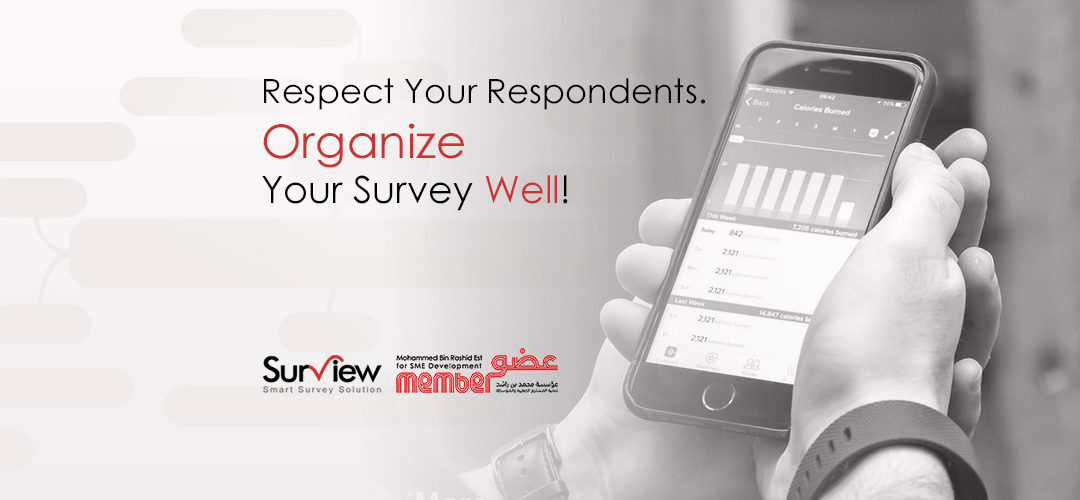It is highly important to look at your survey from your respondents’ point of view. To respect the time of respondents, you need to keep your survey well organized, short and to-the-point.
Those surveys with pages and pages of questions – the ones where you can’t progress until you write in an open-ended response – are hard for your respondents to take, in more ways than one.
Let’s take a look at some of the most irking—and easily avoidable—ways people are inconsiderate to their respondents.
Top 3 Things to Avoid in Your Survey
- Awkward flow. Just like in a conversation, abrupt subject changes or awkward jumping from topic to topic in your survey is confusing and disruptive. Similarly, when your survey is not logically structured and lacks focus it confuses the respondents.
- Too many interruptions. A few interruptions (like page breaks) can be a good thing in a conversation. It can be breaking topics up into manageable chunks that are easy to understand. But, too many breaks are distracting.
- Demanding too much. You can’t expect to go on and on and expect people to care. Do remember that your respondents have picked up a time to take your survey. So don’t be too demanding.
Contact us for assistance in making your survey more meaningful.
What the Benefits?
Yes, it is good to have courtesy, but beyond that, it’s a good idea to treat your survey respondents well, since they are human beings. You don’t know these people and you’ll probably never ask for their responses again. Still, you should care because the experience they will have can alter your data—significantly. When you take care of the respondents, you will have substantial benefits, like:
Lesser Dropouts: If your surveys are too frustrating to complete, your respondents will abandon them. Some dropouts in a survey are common and natural, but too many can be a problem. Losing too many respondents might mean you won’t be able to reach a viable sample size or it could damage your data with nonresponse bias. That’s when the people who respond are different from the ones who don’t, and it means you’re getting incomplete data which is risky to rely upon for making important decisions.
Satisficers: Even if people complete a bad survey, that doesn’t mean they were paying attention. Some respondents simply don’t try very hard on their surveys, whether they’re answering without fully considering the options or just outright skimming the questions. Frustrating surveys will cause more of your respondents to act like satisficers. The data you get from these respondents can actually be worse than getting too few responses—you won’t even know if your data is good or bad and any decision made with this data will be highly risky.
Points to Remember!
- Put yourself in your respondents’ shoes. Ask yourself. Would you want to take this survey yourself? If not, you’re probably asking too much.
- Start treating your surveys like conversations, because that’s the best way to make sure you’re being courteous.
- Keep your survey to the point.
- Keep it short.

